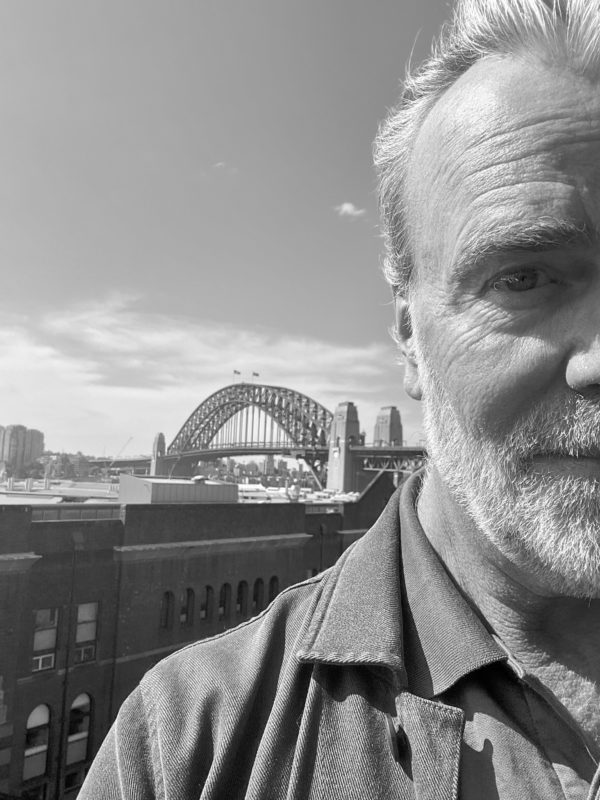Why sustainability campaigns shouldn’t be on your marketing plan for 2023
Going big on green claims isn’t working, writes dentsu Creative’s Ben Welsh, adding that doing a big advertising campaign about your business’s approach to climate change will probably backfire.
Earlier this year, I was at an advertising and marketing conference in Cairns to deliver a talk on why our industry should be doing more to fight climate change. I called it “From Net Zero to Net Hero” and my major worry was that other speakers would have chosen a similar subject. They hadn’t. As far as the conference was concerned the existential threat of climate change was non-existent. I implored everyone to do more.
Now, I’m not so sure. I’ve come to realise that doing a big advertising campaign about your business’s approach to climate change will probably backfire. Take the recent HSBC debacle with the UK government’s watchdog for talking up their loans for climate-friendly initiatives while failing to mention they significantly invest in businesses and industries that emit notable levels of greenhouse gasses; or the backlash against Coca Cola for sponsoring COP27 in spite of being one of the world’s biggest plastic polluters. Going big on green claims isn’t working.
The trouble with greenwashing is that it creates a cynical public who don’t believe anyone is doing the right thing. Brands, quite rightly, have to tell the truth. With climate action, they must go one step further and tell the whole truth. It’s time to stop making a big show for sustainable development when realistically this remains only at a brand’s marketing and communications level.
I’m not saying brands shouldn’t talk about what they’re doing, it’s more a matter of how. As soon as a brand invests in a campaign about the good it is doing – in anything – it lays itself open to scrutiny and attack. You’re essentially spending millions on patting yourself on the back.
A better approach would be to start with your customers. Ask yourself “how can I help my customers understand and access what we’re doing in this space?”. Look at the existing channels you have with your customers and think hard on how you could inform and engage them on a deeper level to make better choices.
This can be as simple as communicating ‘this is the plan; this is where we’re at; this is what we still have to do’. This information already exists in Annual Sustainability Reports, but brands can make this much more visible and digestible for their customers. Think in-store events, publishing consumer guides, or as simple as amplifying it on your website and social channels.
I worked on a campaign for an Australian company – beautifully shot by one of Australia’s leading directors – that spoke of all the action they were taking to reduce emissions. Yet, as a customer, I could find no information on the website or in store, without digging deeply.
Of course, if your brand or business has B Corp Certification – which is no small feat – you should be telling your customers about it, and why they should care. Make it visible and explain exactly what all of it means. This doesn’t have to be a campaign.
Similarly, if you have a unique product and are achieving milestones, make some consistent noise directly with your customers.
Unilever is held up as the poster kid of sustainability. They’ve aligned each brand with a sustainable purpose. Hellman’s Mayonnaise took aim to reduce food waste, and this has grown brand power, drive market share, and in turn, growth. On a smaller scale, Victoria Bitter (VB) has done an excellent job connecting consumers to its renewable electricity credibility by exchanging beer for rooftop solar.
Communicating what you’re up to is never that simple, but here are three points to consider:
- Have a plan, not just a target. Consider how your operation can shift to be better at sustainability. Don’t just have a target. Talk about how you’re going to get there and let your stakeholders and customers know where you are on that plan, and the impact they make.
- Bake it in. Create a product, not just an ad. Educate your customers with consistent communication that’s meaningfully accessible to them.
- Lead. Whether it’s carbon credits or certifications, let’s talk about it more – including your learnings, so other brands and more importantly, consumers know it. The race to save the planet cannot be done in isolation or competition. We must work together and the best way to do that is learn from our mistakes.
My view is that brands or businesses who do more to showcase their genuine alignment with sustainable action, are better liked. Maybe doing more than campaigns will make you more liked? A virtuous circle, perhaps, but also a practical one. After all, the world is our only marketplace.

Ben Welsh is group creative director for dentsu Creative.


Thanks Ben for the terrific read. One point if I could please… you say “A better approach would be to start with your customers.” Qantas ask frequent flyers if they would support flying carbon neutral. 70% said “yes.” They asked, would you be prepared to pay, 30% said “yes.” In fact, 10% actually do. Please take a look at ‘Attention Marketers! Leave Virtue Signaling to Corporate Affairs’ – https://assets.forethought.com.au/Attention-Marketers-Leave-Virtue-Signalling-to-Corporate-Affairs-11-21.pdf
Alternatively, if you are a Mark Ritson fan, please pick up the following video at 20:55 – https://www.youtube.com/watch?v=0WJtoW71DPA
Thanks again.